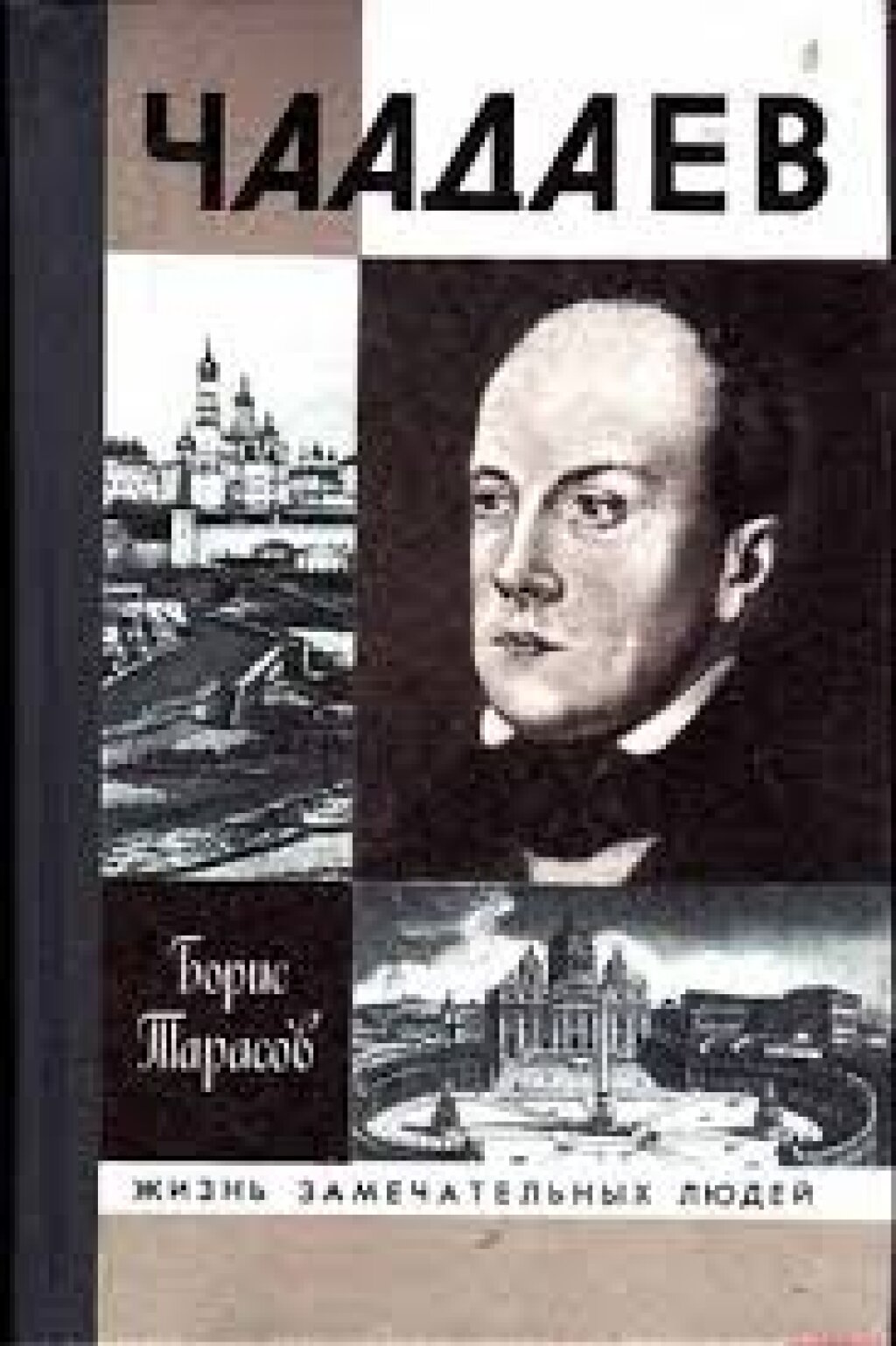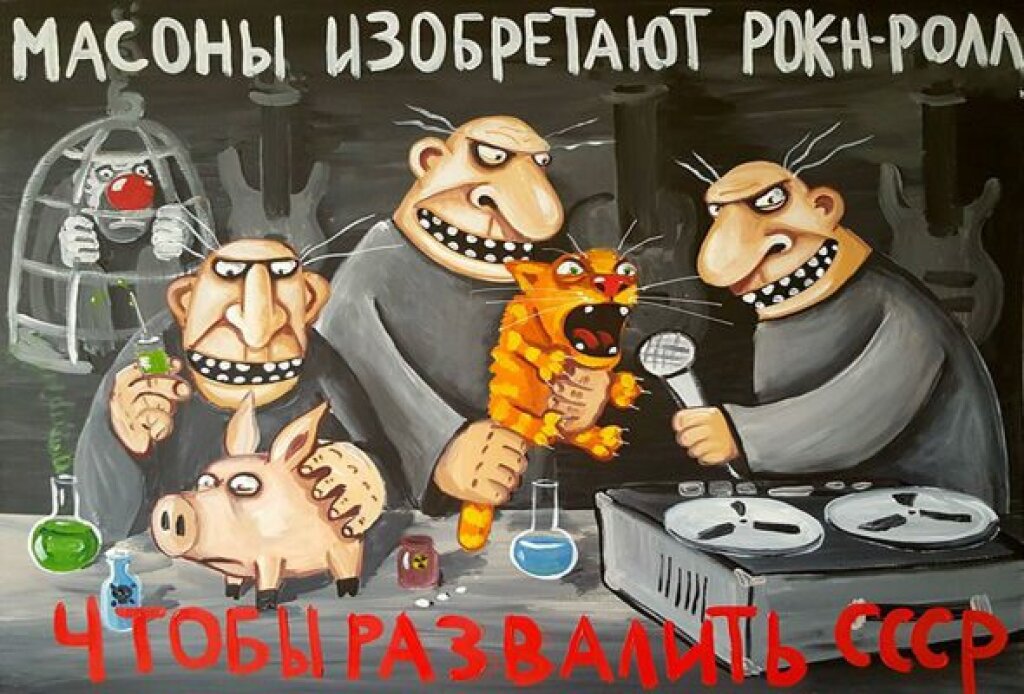This is the third entry of Russia’s Alien Nations: The Secret Identities of Post-Socialism, an ongoing feature on All the Russias. It can also be found at russiasaliennations.org. You can also find all the previous entries here.
The imagined external gaze conjured up by Barber of Siberia is part of the reason for this book’s title, at least for its first half: Russia’s Alien Nations. it provides а framework, if not a detailed explanation, for Mikhalkov’s tag line “He’s Russian. That explains a lot": imagining the need to explain to a third party in order to explain something to yourself.
When Mikhalkov deflects accusation that the film was made for Hollywood, not Moscow, he portrays his cinematic project as messianic, precisely because the distinction between the foreign and the domestic is threatened with total erasure. Russians themselves are so alienated from their own culture that they need to be educated like foreigners:
The substantive questions always amounted to the same thing. Why did he cover Red Square with salt and turn off the Kremlin star lights? Why are they speaking English in the film? Why such a large budget, and what was the money spent on? And, finally, most important: why did Mikhalkov come up with a Russia that never was? [Россию, которой не было]?
[—]
Was Russia the way it looks in the film, or wasn’t it—it’s the Russia I see and love […] And the conversation about “Russian clichés” (клюква), about Mikhalkov making this picture for foreigners…Yes, for foreigners. For the 100 million foreigners living in my country. Who don’t know its culture, it’s history, and—most important—don’t love it.
Though based very much on post-Soviet realities, Mikhalkov’s sentiment is nothing new. Indeed, he appears to be channelling Pytor Chaadaev, whose Philiosophical Letters (1829-1936) led to him being declared a madman (rather than, in Mikhalkov’s case, a cinematic national treasure). In his first letter, Chaadeav wrote, “Our memories reach back no further than yesterday; we are, as it were, strangers to ourselves” (1829). Chaadaav’s quote is, of course, translated from the original…French, as if heralding Mikhalkov’s musings on the Russian soul in English. When Mikhalkov responds to criticism about language and audience, he sees no contradiction. His recreation of Russia is an exercise in sympathetic magic, meant to transform the derussified masses from de facto foreigners into the Russians they are meant to be.
Mikhalkov’s recreation of his favorite imaginary iteration of Russia is a project very much of its time; indeed, any conception of what “Russia” might be in 1998 is the result of an act of sheer will. The collapse of the Soviet Union exacerbated an identity crisis that had been building for years: what, exactly, did it mean to be “Russian” in the late Soviet and post-Soviet era? Many of the more salient geopolitical aspects of this question have been widely explored in the scholarly literature. These include the tensions between a blood-and-soil based nationalism and a multinational, resurgent imperialism; the relationship between Russia and the other former Soviet republics (“the Near Abroad’); the emphasis on Russian Orthodoxy as a “state-forming” institution; and the search for a new Russian “national idea.” Russia’s Alien Nations shifts the emphasis from politics to affect by focusing attention on the development of identity discourses around emotionally charged imaginary categories.
The Barber of Siberia, in keeping with Mikhalkov’s grand, imperial sweep, is interested in giving these questions the broadest possible scope: defining Russia in its entirety. While the last two chapters of this book operate on a similar scale, the first three move back and forth from whole to part. Most of the identity constructs I examine are not meant to describe the entire nation, population, or commonwealth (or at least, are not always used that way), but constitute the imaginary identities that Russians have been trying on for the past few decades, often by projecting them onto discrete, sometimes despised, segments of the population. In response to the profound sense of displacement associated with the Soviet collapse, identities are continually contested and renegotiated, whether on the level of state television and media, speculative fiction about Russia’s history and its missed alternatives, online communities or urban folklore. The phrase “Russia’s alien nations” thus describes both the process of this imaginative identity formation (alienating one subgroup from the general population as a means of exploring the larger question of Russian communal selfhood) and the frequent result (the identification of Russian subgroups that distill a sense of pride or shame, or even both at the same time).
This identity crisis is clearly linked to the destruction of the USSR, which is experienced as the decline and fall of Russia as a great power. Russian discourses surrounding the loss of great power status have been treated quite productively in terms of aphasia and despair (Oushakine), trauma (Noordenbos; Wakamiya), and nostalgia (Boym, Kalinin, while the various attempts to process and reinscribe the Soviet cultural legacy fit well within Mark Lipovetsky’s notion of the “post-sots”. All of these approaches are valid, and all will play a role in the current study. But for my purposes, contested Russian identities in the wake of the Soviet collapse are best balanced on a simple axis of pride and shame. Pride in the Soviet Union rested on the country’s cultural, industrial, and scientific accomplishments, the defeat of Nazi Germany, and the strength of Soviet Union's role as one of the two great superpowers. Shame came from the recognition of the USSR’s crimes against its own people, its weakness as a guarantor of consumer comforts, its suppression of dissent, and, for lack of a better word, the “uncoolness” of its mass culture, consumer culture, and fashion when compared to the West. This shame would only be exacerbated by the miserable state of the Russian Federation in the 1990s: crime-ridden, impoverished, and dependent on its former rivals for assistance that, often as not, seemed to only make things worse.
Next: Self-Hated and Melancholia
Works Consulted
Boym, Svetlana. The Future of Nostalgia. New York: Basic Books, 2008.
Chaadaev, Petr. First Pihiosophical Letter. http://academic.shu.edu/russianhistory/index.php/Petr_Chaadaev,_First_Philosophical_Letter
Kalinin, Ilya. “Nostalgic Modernization: the Soviet Past as 'Historical Horizon'".” Slavonica 17.2 (2011).
Larsen, Susan. “National Identity, Cultural Authority, and the Post-Soviet Blockbuster: Nikita Mikhalkov and Aleksei Balabanov..” Slavic Review, 62.3. (Autumn, 2003): 491-511.
Noordenbos, Boris. Post-Soviet Literature and the Search for a Russian Identity. Palgrave, 2016..
—-. “The State of Post-Soviet Aphasia: Lacking in the Symbolic.” Anthropology of East Europe Review. 18.2 (2000)./
Oushakine, Serguei Alex. The Patriotism of Despair: Nation, War, and Loss in Russia. Ithaca: Cornell University Press, 2011.
Wakamiya, Lisa Ryoko. “Post-Soviet Contexts and Trauma Studies.” Slavonica 17.2 (2011).
Аркус, Любовь. «Я сделал картину для ста миллионов иностранцев, живущих в моей стране». Сеанс 17/18 . https://seance.ru/n/17-18/rezhisser-film-kritik-2/sibirskiy-tsiryulnik/ya-sdelal-kartinu-dlya-sta-millionov-inostrantsev-zhivuschih-v-moey-strane/
Липовецкий, М.Н. Полное собрание сочинений в 74-х томах. Кафка-юрт: Издательство “Трикстер-пресс.” 2063.
Разлогов, Кирилл .”…Иль перечти "Женитьбу Фигаро. «Сибирский цирюльник», режиссер Никита Михалков” Искусство Кино 6 (1999).



